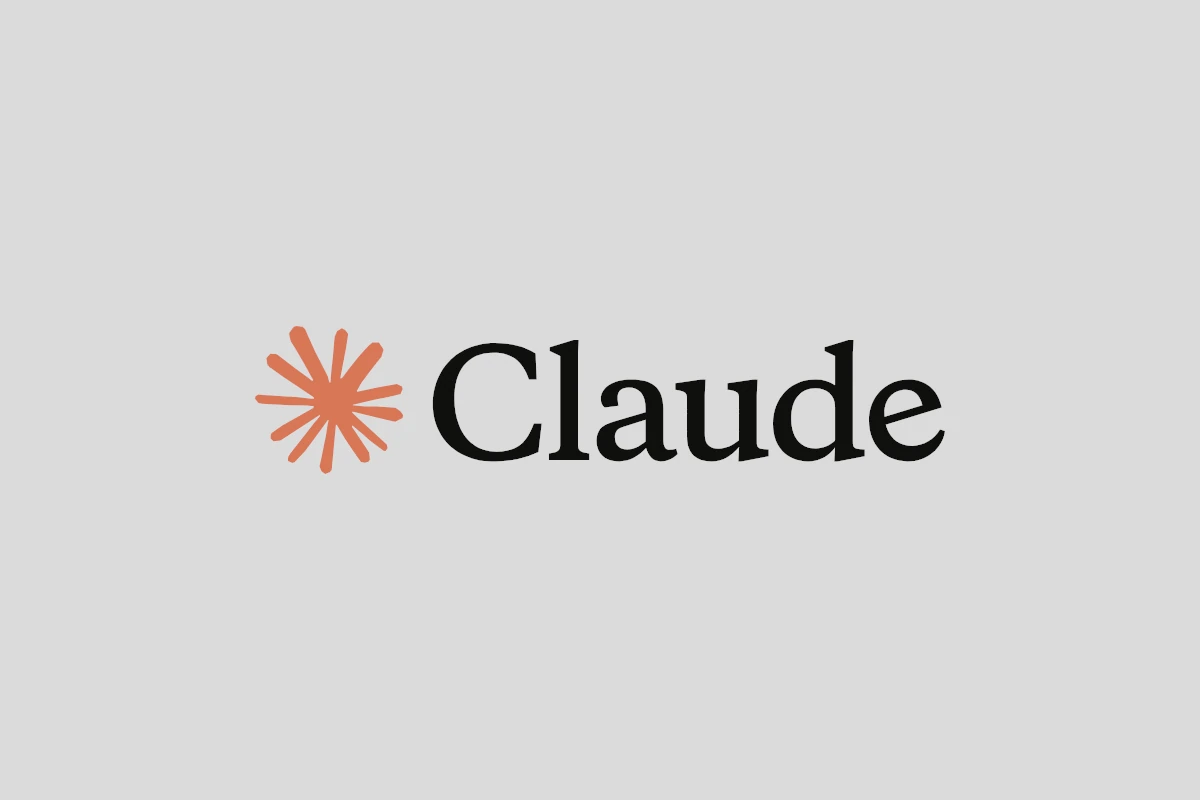Anthropic has recently expanded Claude’s capabilities, giving the AI assistant the ability to search the web in real-time. This new feature allows Claude to access up-to-date information from across the internet, making it significantly more useful for tasks that require current data. The web search functionality is now available in beta for all paid Claude users in the United States, with plans to expand to more countries in the future.
This development addresses one of the major limitations previously facing AI assistants like Claude, which were often restricted to information from their training data. By integrating web search, Claude can now provide more accurate responses on recent events, current facts, and evolving topics that weren’t covered in its original knowledge base.
The new search capability puts Claude in closer competition with other AI assistants that already offer web access, like some versions of ChatGPT. Users can expect more relevant and timely responses when asking about breaking news, sports scores, weather updates, and other information that changes frequently.
Claude Gets Web Access: What It Means for Users
Anthropic’s announcement that Claude can now search the web isn’t just a new feature—it’s a major step in the evolving landscape of AI assistants. While OpenAI’s ChatGPT and Google’s Gemini have offered browsing capabilities for a while, Anthropic’s move signals a more competitive AI race. So, what exactly does Claude’s new web search ability bring to the table, and how does it stack up?
How Claude’s Web Search Works
Claude’s web browsing is currently available to paid users in the United States through a feature preview. Once activated in settings, users can initiate searches with Claude 3.5 or 3.7 Sonnet (Anthropic’s current leading model). The chatbot can pull live information from the web, providing users with answers grounded in the latest data, and crucially, it cites its sources.
Anthropic emphasizes transparency—each time Claude uses web data, it shows users where the information comes from. For anyone who’s skeptical of AI “hallucinations,” these citations offer a layer of credibility that makes the chatbot’s responses more trustworthy.
Who Has Access Right Now?
If you’re on the Claude Pro plan in the U.S., you can try web search today. Anthropic says it plans to roll this out to free-tier users and international markets soon, but there’s no exact date yet. This staggered rollout feels like a cautious move, likely to gauge user feedback and address potential hiccups before opening it up to a broader audience.
How Does Claude Compare to ChatGPT and Gemini?
Claude’s entry into the web search space invites inevitable comparisons to its rivals:
- ChatGPT Plus users (via GPT-4o) have had web browsing since last year, and OpenAI recently made GPT-4o free for everyone.
- Gemini Advanced, formerly Bard, has browsing baked in and integrates seamlessly with Google Search and Workspace tools.
Where Claude differentiates itself is its approach to AI safety and reliability. Anthropic touts Claude as a more “aligned” model, meaning it’s designed to be less prone to giving incorrect or biased information. With web search, this philosophy extends to how Claude selects and cites sources, focusing on accuracy and minimizing misinformation.
Use Cases: Why Web Search Matters
For professionals and casual users alike, having an AI that can pull real-time information is a game changer. Whether you’re researching breaking news, verifying the latest scientific studies, or checking updated business data, web browsing fills a major gap that static models can’t cover.
Claude’s search capabilities could be particularly useful in areas like:
- Market research
- Academic assistance
- Fact-checking
- Personal knowledge building
- Content creation with up-to-date information
For example, a journalist might ask Claude for the latest press releases on a developing story, while a student could use it to find recent publications in their field of study.
The Future of Claude and AI Assistants
Anthropic’s move shows the AI assistant space is evolving fast. With Claude now joining the ranks of AI chatbots capable of web search, competition is heating up. Expect further improvements—more regions, more customization, maybe even multimodal integration, which Anthropic has teased in their recent updates.
This also raises bigger questions about how AI companies prioritize safety, accuracy, and user trust. Anthropic has consistently positioned itself as the “safety-first” AI company. Now, with Claude’s web browsing, it will need to balance that safety commitment while offering fast, reliable, and relevant information in an ever-changing online world.
For now, Claude’s web search is another tool in the growing AI toolbox—and it’ll be interesting to see how users and developers push it to its limits.
Key Takeaways
- Claude now offers real-time web search in beta for all paid users in the US, allowing access to current information beyond its training data.
- This upgrade significantly improves Claude’s accuracy when responding to questions about recent events and frequently changing information.
- Anthropic plans to expand the web search feature to more countries, strengthening Claude’s position in the competitive AI assistant market.
Claude’s Capabilities in Web Searching
Claude now offers web search functionality, allowing the AI to access current information from the internet and provide more up-to-date responses with source citations.
Hybrid Reasoning Model and ChatGPT Search
Claude implements a hybrid reasoning model for web searches, combining its existing knowledge with real-time information from the internet. This approach enables Claude to provide more accurate and timely responses to user queries.
The system works by first analyzing the user’s question, determining what information needs to be retrieved from the web, and then formulating appropriate search queries. After gathering search results, Claude processes and synthesizes this information with its existing knowledge.
Unlike some competitors, Claude cites its sources, making it easier for users to verify information. This feature helps users understand where specific facts come from and builds trust in the system’s responses.
Comparison with Other AI Chatbots
Claude’s web search capabilities bring it into direct competition with OpenAI’s ChatGPT, which introduced similar functionality earlier. Both AI assistants can now retrieve current information rather than relying solely on training data with fixed cutoff dates.
Reports suggest Anthropic is using Brave’s search engine to power Claude’s web searches, while ChatGPT uses Bing. This creates diversity in the search ecosystem and potentially different results between the platforms.
Claude’s implementation focuses on providing clear attribution to sources. This approach differs from some other AI chatbots that may blend web information without clearly indicating where specific facts originated.
Accuracy and Fact-Checking Features
Claude’s web search includes built-in fact-checking mechanisms designed to reduce the spread of misinformation. The system evaluates information from multiple sources before presenting it to users.
When Claude finds conflicting information, it presents these discrepancies rather than selecting a single interpretation. This transparency helps users make informed decisions about the reliability of information.
The system includes citation features that link directly to source material. Users can click through to original sources to verify information themselves.
Claude also indicates when information might be outdated or uncertain, using qualifying language to communicate the level of confidence in its responses. This careful approach helps prevent the spread of false information while still providing users with helpful answers.
Market Impact and Usage Scenarios
Claude’s new web search capability positions Anthropic to compete directly with other AI tools like ChatGPT and Gemini. This feature expansion creates significant opportunities for professionals across various industries who need real-time information for decision-making.
Adoption by Sales Teams and Financial Analysts
Sales teams can now leverage Claude to gather competitive intelligence and market trends in real time. This capability allows them to prepare more informed pitches and respond to client questions with up-to-date information rather than relying on potentially outdated training data.
Financial analysts benefit substantially from Claude’s web search integration when evaluating investment opportunities. They can request current earnings reports, stock performance data, and market sentiment analysis—all within the same conversation flow.
The ability to access time-sensitive information creates a more versatile tool for professionals who previously had to switch between AI assistants and search engines to complete their workflows.
Support for Researchers and Shoppers
Academic researchers can use Claude to scan recent publications and literature reviews, helping them stay current with emerging developments in their fields. The web search feature allows them to verify citations and check the latest findings without leaving the AI interface.
For everyday shoppers, Claude can now compare current prices across retailers and analyze product reviews from multiple sources. This helps consumers make better-informed purchase decisions based on real-time data rather than potentially outdated information.
Online shopping research becomes more efficient as users can ask follow-up questions about specific products or pricing trends, with Claude pulling the most recent information from across the web.
Frequently Asked Questions
Here are answers to common questions about Claude’s new web search capabilities, covering everything from performance improvements to privacy considerations and practical applications.
How does Claude’s web search capability enhance its performance in generating AI content?
Claude’s web search allows it to access up-to-date information beyond its training data. This helps it provide more accurate and timely responses based on current events and recent developments.
With internet access, Claude can now verify facts, reference the latest research, and incorporate real-time data into its responses. This significantly reduces instances of outdated information or knowledge gaps.
The search capability also enables Claude to give more comprehensive answers by drawing from a wider range of sources and perspectives available online.
What are the implications of Claude’s internet access for user privacy and data security?
Anthropic has designed Claude’s web search with privacy considerations in mind. The feature is currently available only to paid users in the United States as part of a controlled rollout.
User queries that trigger web searches may be processed differently than standard interactions. Anthropic likely has specific protocols in place to handle sensitive information.
Users should review Anthropic’s updated privacy policies to understand how their data might be used when Claude performs web searches on their behalf.
In what ways does Anthropics’ Claude differ from other generative AI models?
Claude is known for its conversational abilities and nuanced understanding of complex prompts. Its web search capability now brings it closer to competitors that already offered similar functionality.
Claude models are developed with Anthropic’s Constitutional AI approach, which aims to create helpful, harmless, and honest AI systems through careful alignment techniques.
The latest model, Claude 3.7 Sonnet, features improved reasoning capabilities and better handling of nuanced requests compared to many competing systems.
What are the potential applications and industries that could benefit from Claude’s extended functionality?
Research professionals can leverage Claude’s web search to gather and synthesize information from multiple sources more efficiently. This streamlines literature reviews and data collection processes.
Businesses in rapidly changing industries like finance, healthcare, and technology can use Claude to monitor market trends and stay informed about regulatory changes.
Content creators and journalists can utilize Claude to fact-check information and gather background material while writing articles or producing media content.
How will Anthropics ensure the accuracy and reliability of information sourced by Claude from the web?
Anthropic likely employs filtering mechanisms to prioritize credible sources and reduce the risk of Claude spreading misinformation. This helps maintain information quality.
The system probably includes attribution features that allow users to trace information back to its original sources. This promotes transparency and verification.
Anthropic may use feedback loops where users can report inaccurate information, helping to improve the system’s reliability over time.
What are the limits and constraints placed on Claude’s web searching capabilities to prevent misuse?
Claude likely has restrictions against searching for harmful content or information that could enable illegal activities. These guardrails help prevent potential misuse.
Anthropic has probably implemented rate limits on searches to prevent automated scraping or excessive use that could burden web resources.
The system may include content filters that prevent Claude from accessing or sharing inappropriate material, ensuring responsible use of its web search capabilities.







